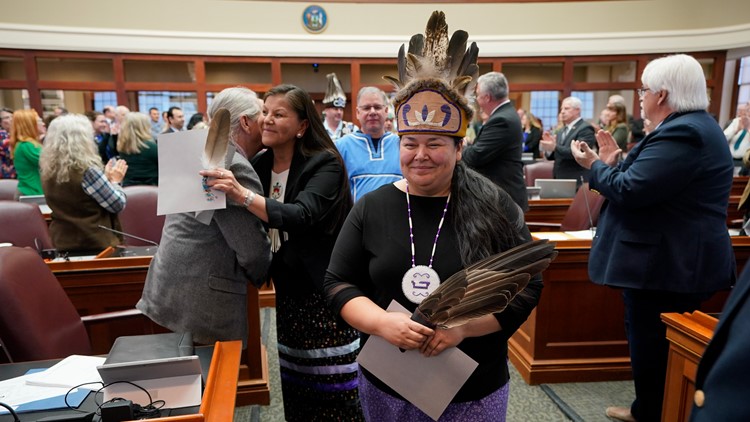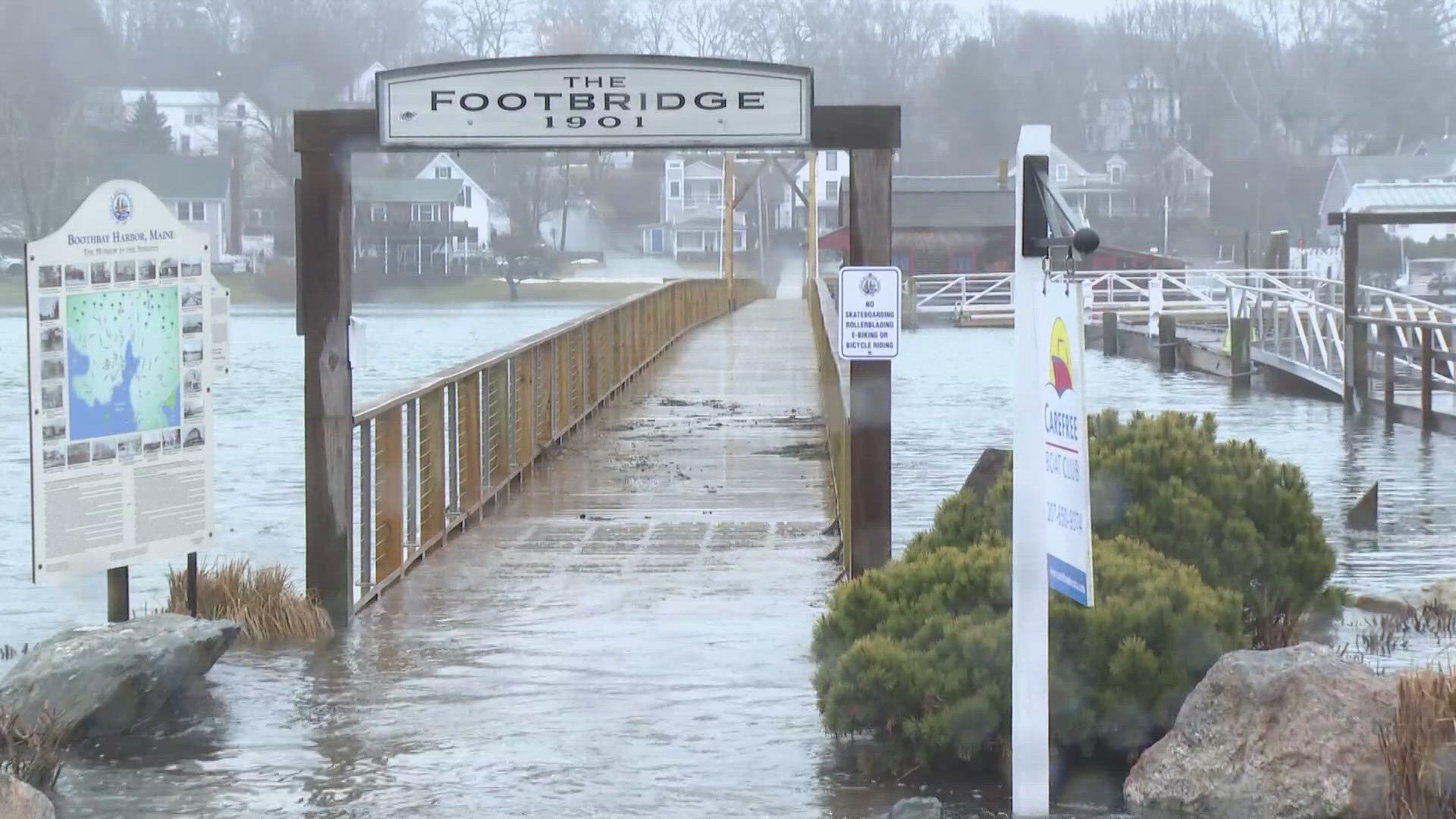AUGUSTA, Maine — Maine lawmakers failed Thursday to override the governor's veto of a bill that would have expanded the sovereignty of Native American tribes in the state by ensuring more federal laws apply to them.
It's a defeat for the tribes, which are bound by a land claims settlement that puts them on a different footing than the nation's other 570 federally recognized tribes.
Both chambers had voted to enact the bill with big-enough majorities to override the veto, but some House members backtracked under pressure by Democratic Gov. Janet Mills. She contends the bill was vague and would lead to lengthy and costly litigation in coming years.
The 84-57 vote fell short of a two-thirds majority after tribal Rep. Aaron Dana, a Passamaquoddy, implored lawmakers to vote for the tribes, saying they want the same thing that the nation's Founding Fathers wanted.
“We seek equality. We seek life, liberty, and the pursuit of happiness. And we seek the liberty and the pursuit of happiness under a relationship where we have the access to the laws passed by Congress to make native communities safer and healthier,” he said. “Nothing more, nothing less.”
It was an important bill for tribes in Maine who've long regretted trading some of their rights to the state under an $81.5 million settlement that was signed by President Jimmy Carter in 1980.
The agreement for the Passamaquoddy, Penobscot, and Maliseet, along with a 1991 agreement for the Mi’kmaq, allows them to be treated much like municipalities subject to state law instead of dealing directly with the federal government like other tribes. Over the years, that relationship has led to disagreements.
The governor says just a handful of federal laws don’t apply to the tribes in Maine — such as the Indian Healthcare Improvement Act and the federal law governing disaster response, for example.
Mills has urged the tribes, the attorney general, and other parties to work together to craft a proposal that is “clear, thoroughly vetted, and well understood by all parties.”
But the tribes increasingly see her as standing in the way of changes they say are necessary to improve their lives. Last week, Penobscot Nation Kirk Francis said he thinks the governor wants “to protect an old guard and old mindset” by maintaining the status quo. And Dana, the tribal representative, said Thursday that some of the governor's comments about the legislation were “dangerous and misleading.”
To ensure broad support, the proposal specifically carved out certain federal laws including the Clean Water Act, Indian Mineral Development Act, Water Quality Act, and Indian Gaming Regulatory Act.
In March, tribal leaders in Maine used their first address to the state Legislature in two decades to call for greater autonomy after a broader sovereignty proposal stalled last year under a veto threat.
The broader sovereignty bill is being held over, meaning it'll be dealt with by lawmakers next year.



